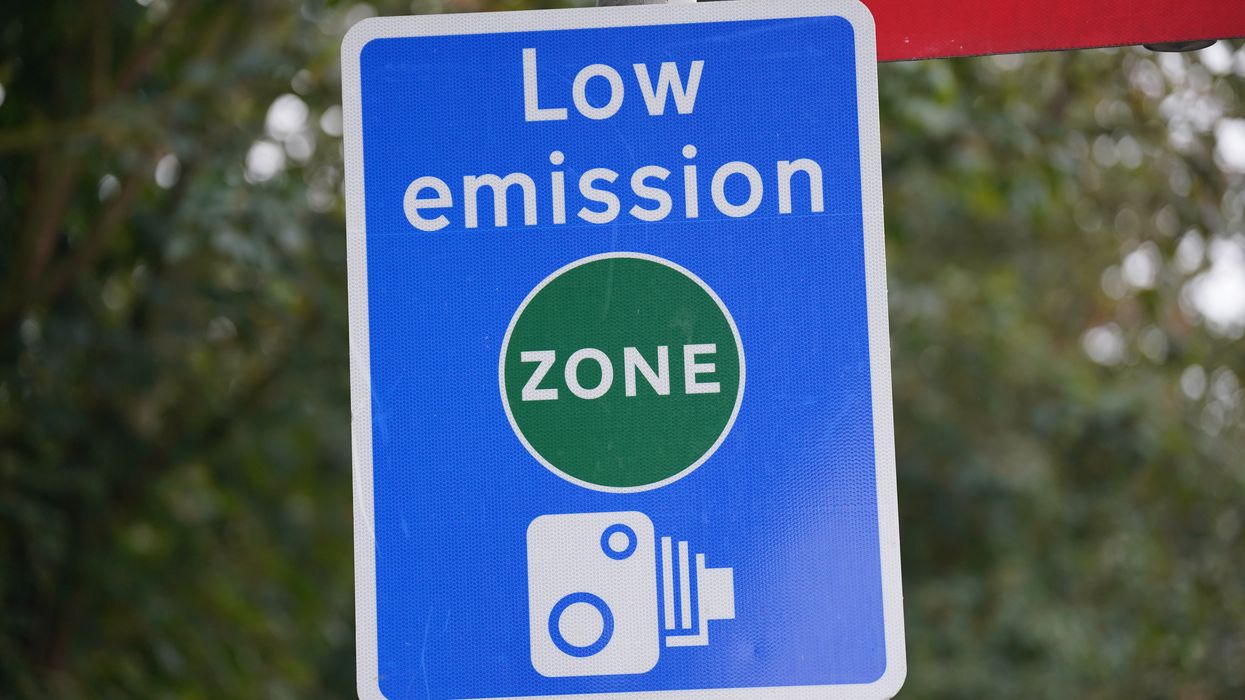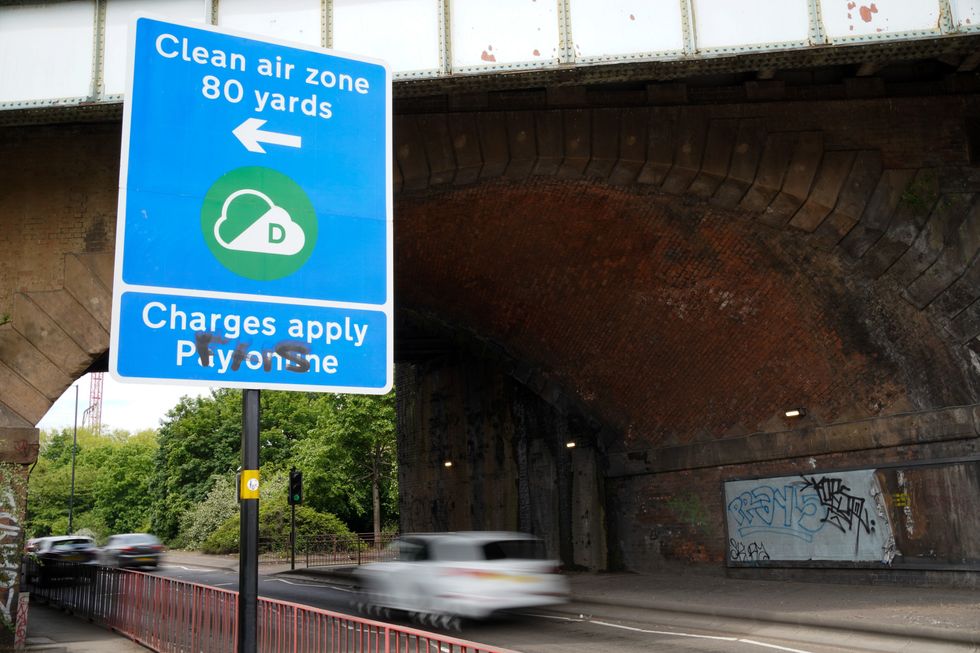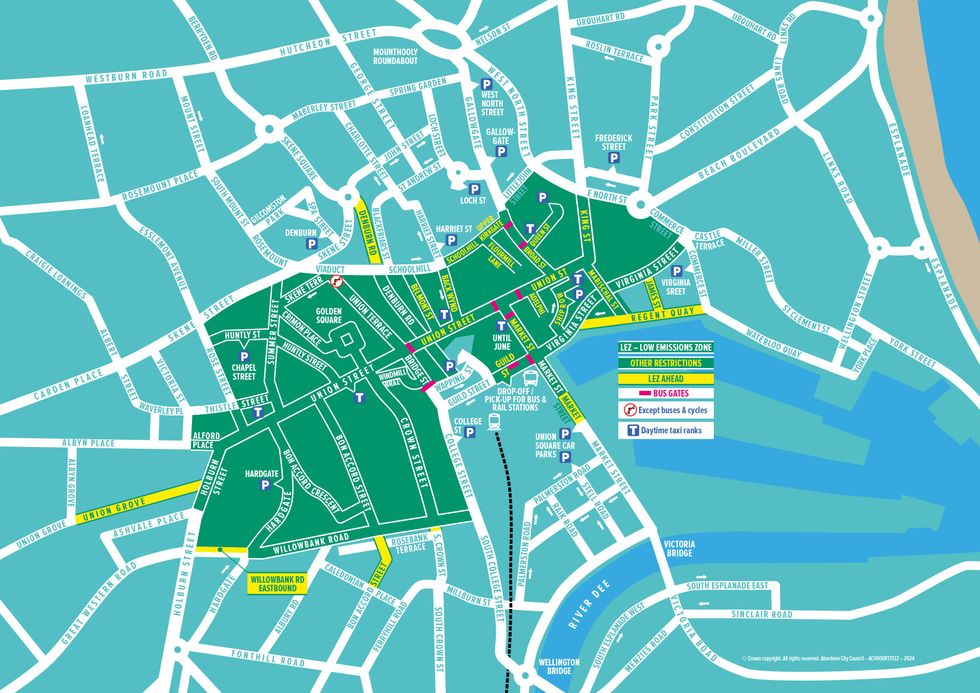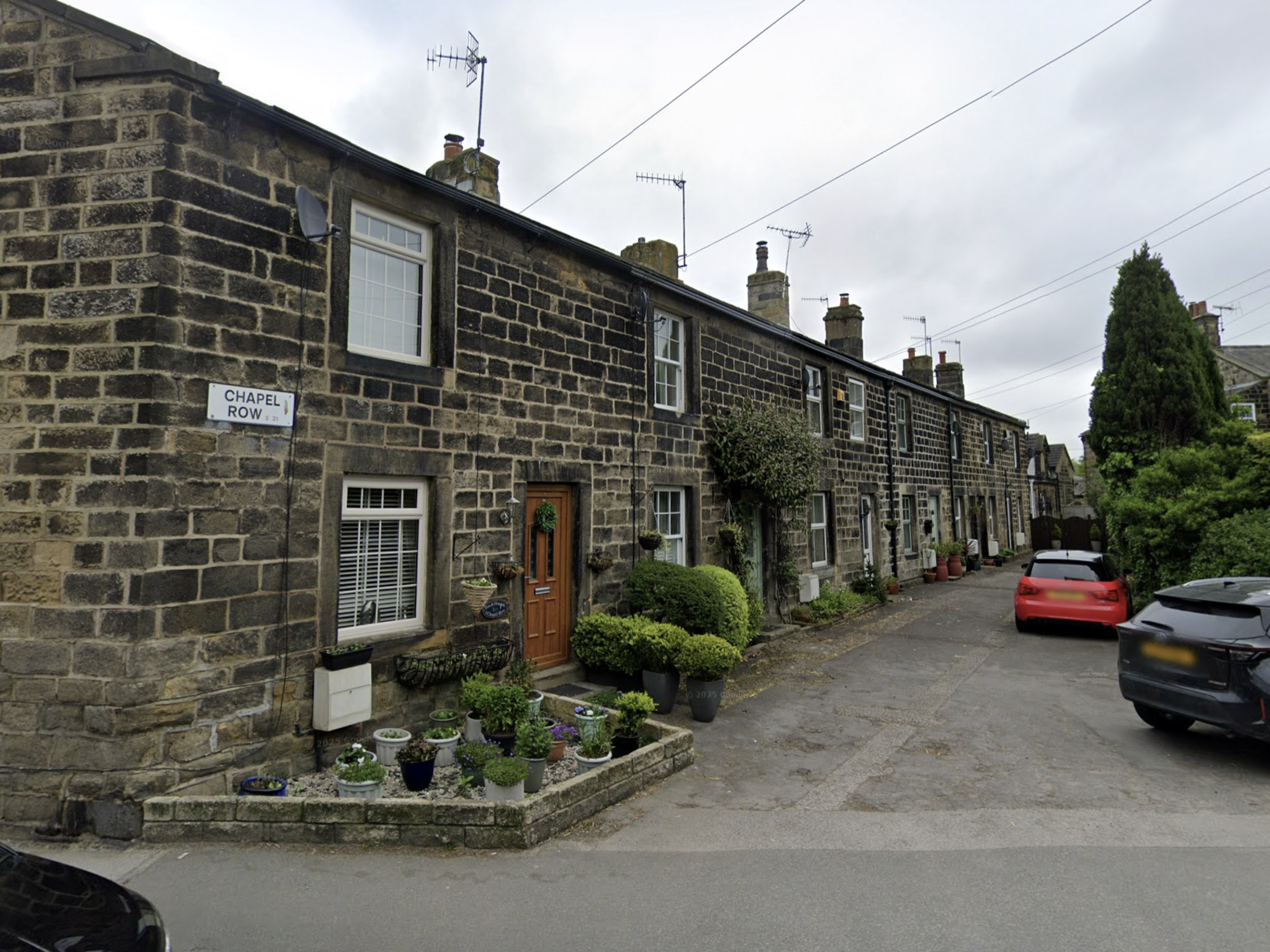Drivers hit with £100,000 fines in first few days of Low Emission Zone rollout in major city


Nearly 2,000 penalties were issued to drivers
Don't Miss
Most Read
Latest
Drivers have been slapped with over £100,000 worth of Low Emission Zone fines in the first 11 days since the scheme was rolled out in a major city.
The emission scheme launched on June 1 in Aberdeen saw more than 2,000 fines issued to drivers in the first few weeks.
The LEZ was previously introduced in 2022 in a bid to make Scotland greener, although fines did not come into force until last month.
The zone aims to help improve air quality and reduce harmful air pollution across Aberdeen, Dundee, Edinburgh and Glasgow.
Do you have a story you'd like to share? Get in touch by emailing motoring@gbnews.uk
 To be LEZ compliant, petrol and diesel vehicles must adhere to emissions rules | PA
To be LEZ compliant, petrol and diesel vehicles must adhere to emissions rules | PAUnder LEZ rules, if a vehicle does not meet the specified emission standards and drivers travel through the zone they could face a £60 fine, which can be slashed by 50 per cent if paid within 14 days.
During the first 11 days, £117,360 worth of fines were issued to drivers with non-compliant vehicles.
To be LEZ compliant, petrol cars and vans must adhere to Euro 4 emissions, while Euro 6 is the standard for diesel cars and vans and Euro VI for buses, coaches and HGVs.
The LEZ was originally introduced in Aberdeen almost two years ago with a two-year grace period meaning drivers with a non-compliant vehicle have not been charged between 2022 and June 1, 2024.
Under the LEZ scheme, Blue Badge holders are exempt from all Scottish LEZs and should register their details with the exemption system on the national website so that the vehicle they are travelling in can access all the Low Emission Zones in Scotland.
The LEZ rules are enforced by automatic number plate recognition cameras which operate continuously, 24 hours a day, 365 days a year.
The cameras are linked to local and national vehicle licencing databases, to monitor all vehicles driving in a LEZ.
They can also detect vehicles which do not comply with the emission standards.
Phil Mackie, a consultant at NHS Grampian, had previously welcomed the LEZ: “The World Health Organisation has identified air pollution as one of the greatest threats to human health because it causes ill health and makes existing poor health worse.
“Air pollution contributes towards millions of early deaths every year worldwide and is a major contributor to climate change.
“Government policies helped to improve air quality when they were introduced in the 1970s, and we need to continue to do everything we can now.”
Mackie also warned drivers and local residents to acknowledge the impact poor air quality has on the economy.
LATEST DEVELOPMENTS:
 Aberdeen LEZ boundary map | ABERDEEN CITY COUNCIL
Aberdeen LEZ boundary map | ABERDEEN CITY COUNCILHe explained how it increases medical costs, reduces productivity and can damage soil, crops, forests, lakes, and rivers.
The expert highlighted how addressing the concerns would require measures to prevent harmful engines from being present in cities.










